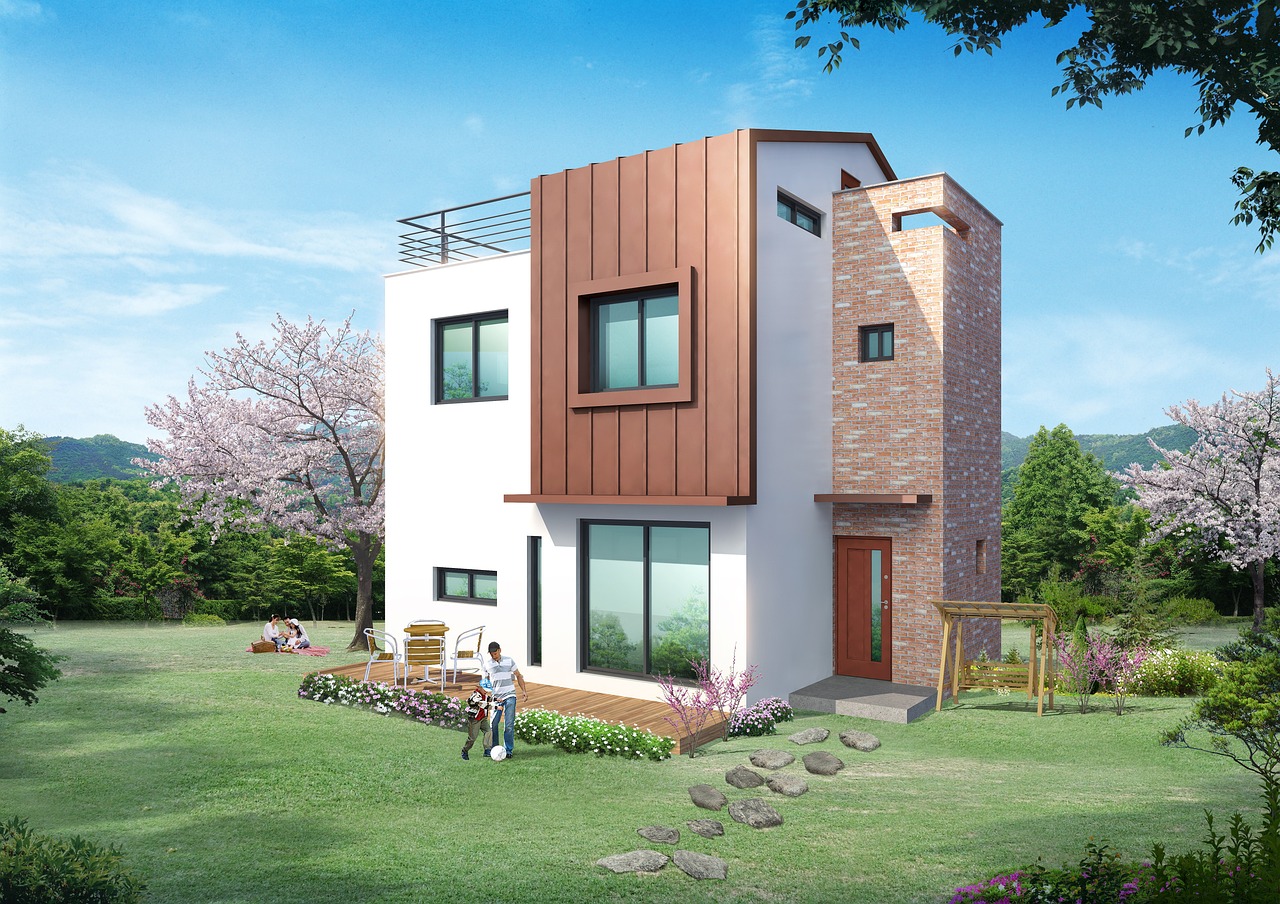The Impact of Green Building Certifications on Home Construction Practices
Green building certifications play a vital role in the construction industry by promoting sustainability and environmental responsibility. These certifications validate that buildings are designed, constructed, and operated with a focus on energy efficiency, water conservation, and indoor air quality. By adhering to green building standards, construction projects can reduce their environmental impact and contribute to a more sustainable future for generations to come.
The certification process typically involves meeting specific criteria related to building materials, energy performance, site selection, and waste management. Through third-party verification, green building certifications provide credibility and assurance to homeowners, businesses, and the public that the building meets high environmental performance standards. As awareness of climate change and environmental issues continues to grow, the demand for green building certifications in the construction industry is expected to increase, driving innovation and excellence in sustainable building practices.
Benefits of Implementing Green Building Practices in Home Construction
Implementing green building practices in home construction offers numerous advantages for both homeowners and the environment. One of the key benefits is the reduction in energy consumption, leading to lower utility bills and a smaller carbon footprint. By utilizing energy-efficient materials and technologies, homeowners can enjoy long-term cost savings while also contributing to the overall sustainability of their home.
In addition to energy efficiency, green building practices often result in improved indoor air quality. Using low-VOC paints, non-toxic materials, and proper ventilation systems can lead to a healthier living environment for occupants. This focus on health and well-being is a significant advantage of green building, as it ensures that the home not only benefits the planet but also the people who reside in it.
Key Green Building Certifications for Home Builders to Consider
One important green building certification for home builders to consider is the Leadership in Energy and Environmental Design (LEED) certification. LEED provides a framework for sustainable building design, construction, and operation, focusing on areas such as energy efficiency, water conservation, and indoor air quality. Achieving LEED certification demonstrates a commitment to environmentally responsible practices and can enhance the value and marketability of a home.
Another valuable certification is the National Green Building Standard (NGBS), which offers guidelines for constructing sustainable and eco-friendly homes. NGBS certification emphasizes resource efficiency, including energy and water conservation, as well as indoor environmental quality. By obtaining NGBS certification, home builders can showcase their dedication to creating healthier living spaces while differentiating themselves in a competitive market.





